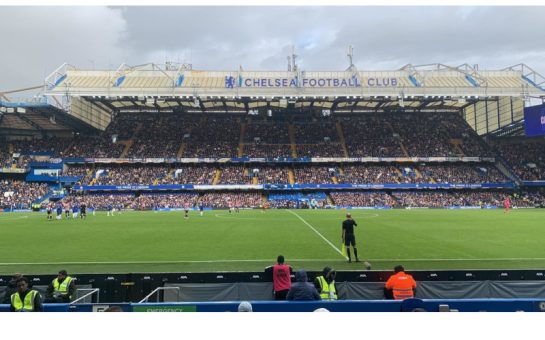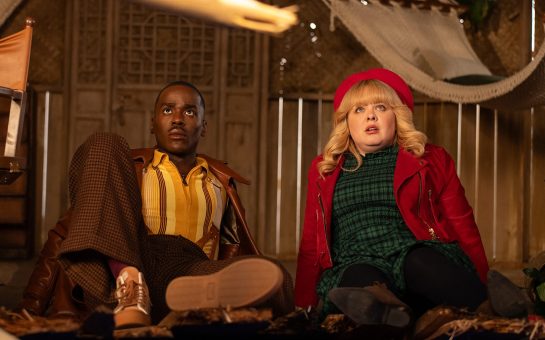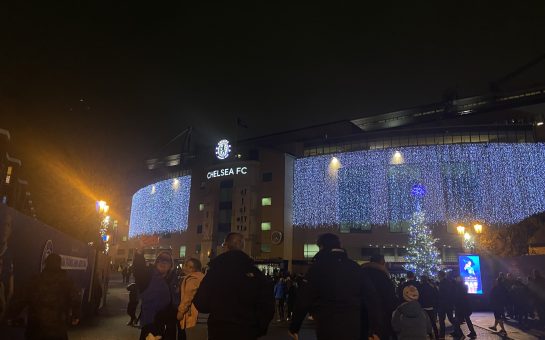As Brazil prepares to welcome sports stars from around the globe this summer popular presenter Caroline de Moraes hopes the Olympics will have a long-lasting positive effect on a country in a deepening political crisis.
Freelance broadcaster Miss de Moraes, who can be seen and heard on the likes of BT Sport, BBC and Eurosport, knows too well about the current predicament.
Corruption, conspiracy accusations and an impeachment battle against President Dilma Rousseff have all contributed to the turmoil surrounding Brazilian politics which have been felt heavily by those living in the South American country.
The crisis has even affected the status of the economy and the tenure of President Rousseff, the leader of one of the world’s biggest democracies, may well be coming to an end.
The Olympic Games is deemed to be the embodiment of hope, and that is just what Brazilians need according to Miss de Moraes.
“I think the Olympics in Rio will be more positive than the World Cup but it has come at a really crucial time politically,” said Miss de Moraes.
“I was here in 2012 and the Olympics were very successful for London as it brought everyone together and the facilities have been well recycled.
“Whether Brazil will be able to do the same depends on the government situation which is saddening and embarrassing for the Brazilian population.
“If that was happening in any other country then it wouldn’t have been allowed to go that far.
“It’s difficult to know whether the money generated will go into the right hands but the potential is amazing and the tourism will be very positive for the country.”
London-based, born to a Brazilian mother and English father, Miss de Moraes is a former champion gymnast, trained ballet dancer and singer who speaks passionately about her roots.
She grew up with her mother after her English father passed away and admits that most of her upbringing was based around Brazilian culture.
“My family is from Rio and so I may be biased but it is a fantastic, beautiful and welcoming city,” said Miss de Moraes.
“My food was Brazilian, my first language was Portuguese and my Christmas is on the 24th.
“I feel very Brazilian here in Britain and very British in Brazil.”
The presenter, who is fluent in three languages, feels Brazil is certainly not as dangerous as people like to make out – sentiments which her friends echo to her on a regular basis.
“Brazil still has that stigma of being dangerous but we are very welcoming people and generally the World Cup was important for Brazil as a country but it just came at an unstable political time of unrest,” added Miss de Moraes.
“The money back then was being misused and in cases just not being used at all so there was a trust issue.”
Rio as a city will be the host to an incredible spectacle once again – who can forget the powerful images of the Brazilian faithful chanting their national anthem and the football players crying their eyes out before every match.
You might suspect that having these events one after the other could only hope to bring joy to the Brazilian population but the intended positive impact may be somewhat scuppered by matters outside of sport.
“We are quite lucky that we got both and at the same time with the same amount of luck you can get some negative consequences,” said Miss de Moraes.
“If it had come at a good time for the country then the two together would have created euphoria and some amazing feelings.”
Despite the ongoing political turmoil and the lack of love for President Rousseff, Miss de Moraes is keen to point out the positives that come from having the Olympics.
“It is good to open and diversify the sports,” said Miss de Moraes.
“There are some niche sports that you get at the Olympics which aren’t massively known in Brazil, particularly Rio because it is such a beach city.
“Over in Brazil it tends to be the volleyball, beach volleyball and football which takes centre stage.
“In the UK it’s not like that, Olympic wise football doesn’t interest the public so much.
“In Brazil they have never won the gold so the football team is almost constantly chasing that medal.
“The national football team for Brazil is such a big deal – for the players it’s the biggest honour to wear that yellow shirt.”
Many notable Brazilian footballers ply their trade in the Premier League including the likes of Fernandinho, Willian, Oscar and Philippe Coutinho.
Manchester City reached the semi-finals of the Champions League this year but Chelsea were the last English team to do so back in 2012 leading some experts to question whether the Premier League really is the best league in the world.
These are not views which Miss de Moraes shares, who believes that the hectic schedule of the league is far more to blame.
“The Premier League is an incredible league and the players I speak with always say every week is difficult game and they really mean that,” added Miss de Moraes.
“In England we are playing really tough matches week in week out so the players do get tired and I do think there may be a correlation there.
“The fact Leicester City won this season proves just that and it wouldn’t happen in the Spanish or Italian leagues.
“Europe in general is better for the Brazilian players financially but also the best quality leagues are in Europe and there is no better than the Premier League.”
Image courtesy of Bill Waters photography, with thanks




